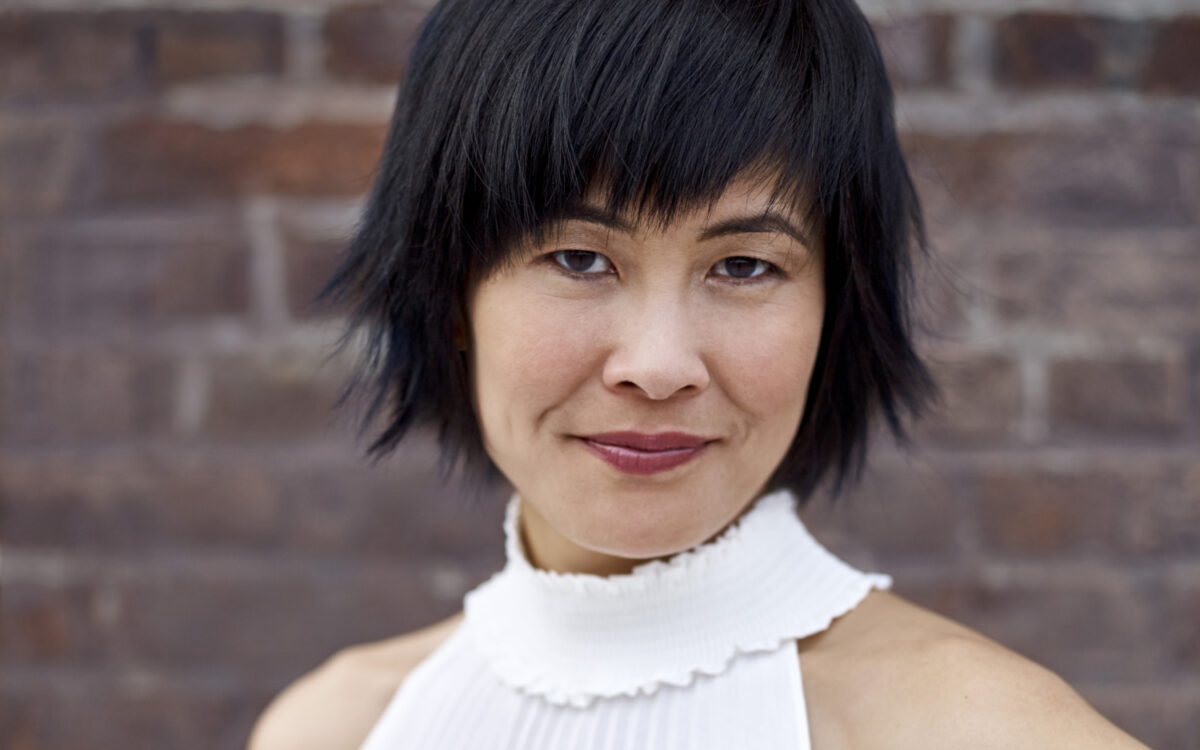Serenade (after Plato’s Symposium), for violin and orchestra
Leonard Bernstein was born in Lawrence, Massachusetts, on August 25, 1918, and died in New York on October 14, 1990. He composed his Serenade on a commission from the Koussevitzky Music Foundation in 1954, completing the work on August 7 of that year. The score bears the dedication “To the beloved memory of Serge and Natalie Koussevitzky.” The first performance took place in Venice, Italy, at the Teatro Fenice on September 12, 1954, with Isaac Stern as soloist. The Boston Symphony Orchestra gave the first American performances, also with Stern as soloist, with Charles Munch conducting on April 15 and 16, 1955.
In addition to the solo violin, the score calls for string orchestra, harp, timpani, snare drum, tenor drum, bass drum, triangle, suspended cymbal, xylophone, glockenspiel, chimes, Chinese blocks, and tambourine.
Bernstein’s music has always been intimately connected with the theater, whether in a ballet, musical show, or opera. And even his more abstract concert music almost always has elements of theatricality, a sense of characterization in the melodies that can bring them vividly into the imagination of the listener. In the case of the musical “conversation” that underlies his Serenade, the “discussion,” which evolves continuously, is varied by the different viewpoints of the characters who take part. The composer’s own commentary, written the day after he completed the score, is the best guide to the work’s course. It appears below.
Steven Ledbetter
There is no literal program for this Serenade. The music, like Plato’s dialogue, is a series of related statements in praise of love. The relatedness of the movements does not depend on common thematic material, but rather on a system whereby each movement evolves out of elements in the preceding one, a form I initiated in my second symphony, The Age of Anxiety.
I. Phaedrus; Pausanias (Lento—Allegro). Phaedrus opens the symposium with a lyrical oration in praise of Eros, the god of love. (Fugato, begun by the solo violin.) Pausanias continues by describing the duality of the lover as compared with the beloved. This is expressed in a classical sonata-allegro, based on the material of the opening fugato.
II. Aristophanes (Allegretto). Aristophanes does not play the role of clown in this dialogue, but instead that of the bedtime-storyteller, invoking the fairy-tale mythology of love. The atmosphere is one of quiet charm.
III. Erixymachus (Presto). The physician speaks of bodily harmony as a scientific model for the workings of love-patterns. This is an extremely short fugato scherzo, born of a blend of mystery and humor.
IV. Agathon (Adagio). Perhaps the most moving (and famous) speech of the dialogue, Agathon’s panegyric embraces all aspects of love’s powers, charms, and functions. This movement is simply a three-part song.
V. Socrates; Alcibiades (Molto tenuto—Allegro molto vivace). Socrates describes his visit to the seer Diotima, quoting her speech on the demonology of love. Love as a daemon is Socrates’ image for the profundity of love; and his seniority adds to the feeling of didactic soberness in an otherwise pleasant and convivial after-dinner discussion. This is a slow introduction of greater weight than any of the preceding movements, and serves as a highly developed reprise of the middle section of the Agathon movement, thus suggesting a hidden sonata-form. The famous interruption by Alcibiades and his band of drunken revelers ushers in the Allegro, which is an extended rondo ranging in spirit from agitation through jig-like dance music to joyful celebration. If there is a hint of jazz in the celebration, I hope it will not be taken as anachronistic Greek party-music, but rather the natural expression of a contemporary American composer imbued with the spirit of that timeless dinner party.
Leonard Bernstein


